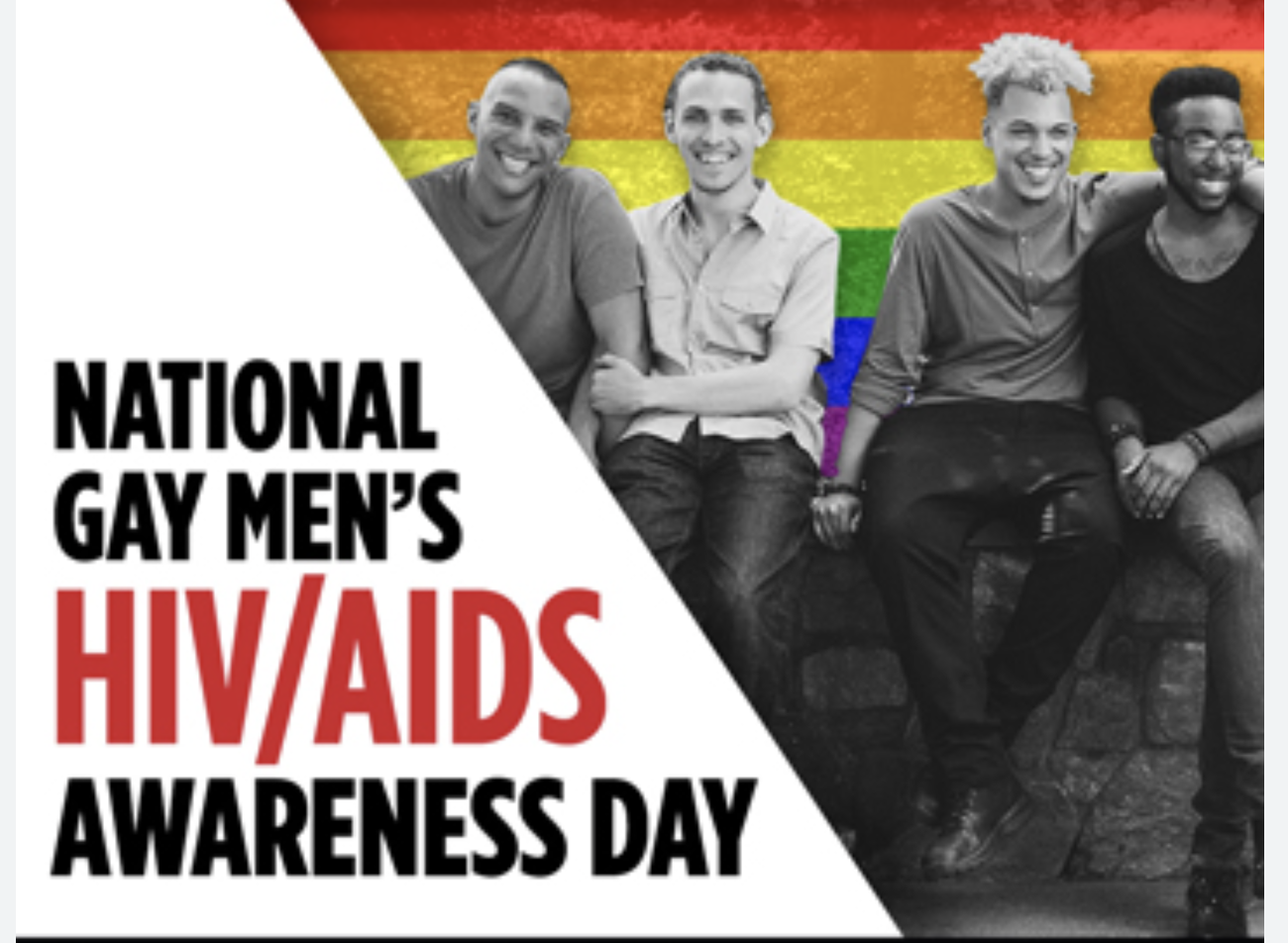WMFE – In 2019, President Trump announced a challenge to lower HIV case rates by 75% by 2025 and 90% by 2030. It was and is an ambitious goal, but a local team has a plan that focuses on diminishing stigma and increased testing.
HIV/AIDS numbers continue to rise in Florida, the state with the second most new cases. Orange County has the third-highest total in Florida, behind Miami-Dade and Broward, but local experts believe they may have found a way to stop the spread and diminish the stigma surrounding the epidemic.
One fighter in the war to end the AIDS crisis is Dr. Marie Francois, the co-founder of the Center for Multicultural Wellness and Prevention in Central Florida.
Francois said she became invested in the crisis after the Centers for Disease Control and Prevention labeled Haitians as the originators of HIV and a “gay disease” in 1982.
Francois, who was a doctor in Haiti, saw this as not only offensive, but also harmful.
“Anal sex is the riskiest type of sex for getting or transmitting HIV.” – CDC
“HIV is a human issue,” she said. “The CDC put the disease in a box, and anyone who is not gay, who is not a heroin addict, who is not a hemophiliac, who is not Haitian, they think they are safe. So they are practicing the behavior that will put them at risk to acquire HIV.”
Experts believe stigma still contributes largely toward soaring case numbers. Kara Williams is a coordinator for the state health department’s team working to reduce HIV numbers in Central Florida, designated as “Area 7.”
Williams’ jurisdiction includes Orlando, which ranked as the city with the sixth-highest total of new HIV cases in the country.
“We’re one of the 48 jurisdictions within the U.S. that due to the burden of HIV, we were designated to come up with new innovative ideas,” Williams said.
In 2019, all 48 jurisdictions were challenged by then-President Donald Trump to lower HIV case rates to 75% by 2025 and 90% by 2030. It was and is an ambitious goal, Williams said, but her team has a plan to get cases down that focuses on diminishing stigma … READ MORE.



